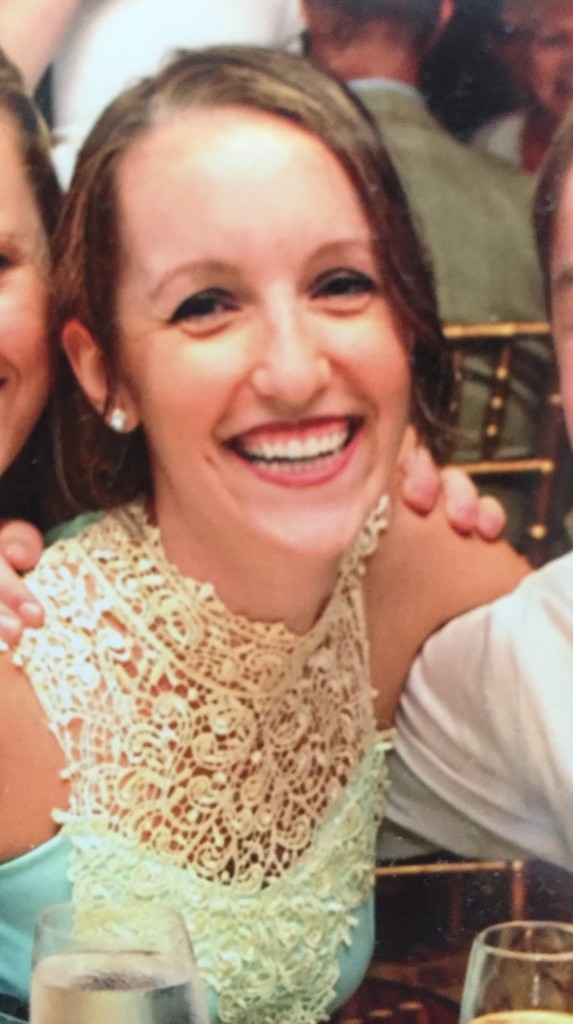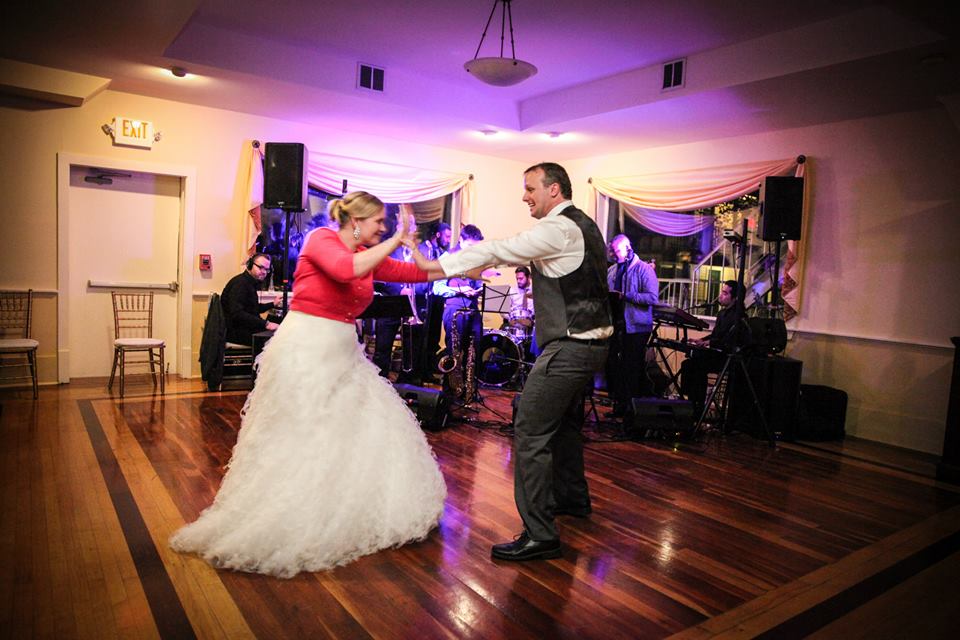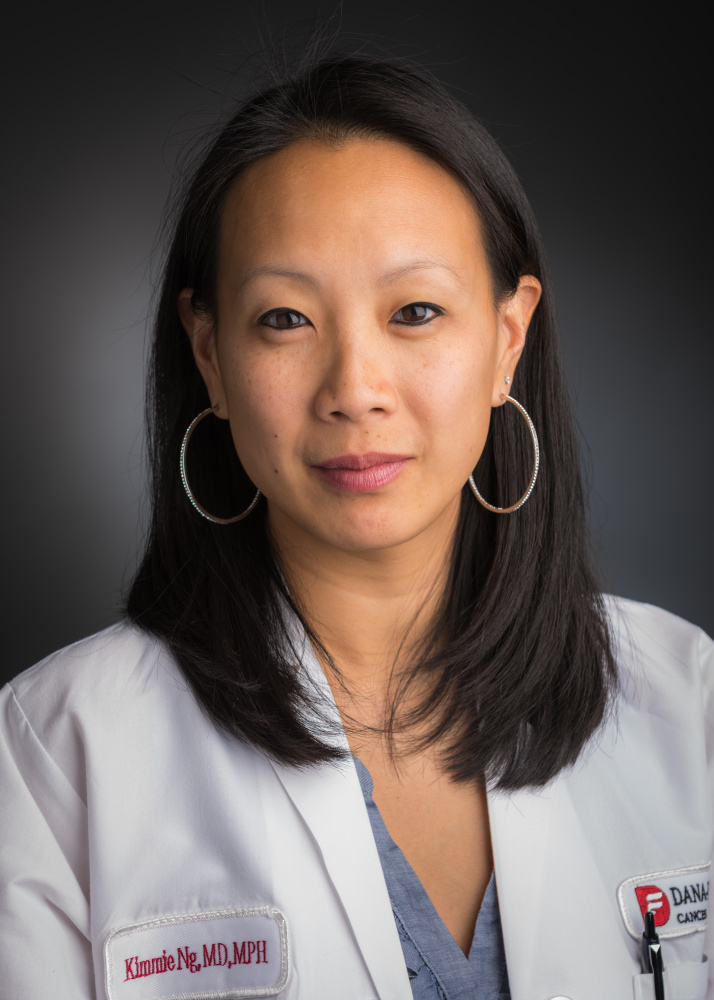
Christina Crespi experienced extreme fatigue, weakness, and bowel changes for two years before doctors determined the cause of her symptoms: colon cancer.
At 27, after many doctors’ visits, she was diagnosed with stage II colon cancer. She found the diagnosis “mind-blowing.”
For Kara Stoughton, it was constipation that brought her to the doctor. She was initially diagnosed with diverticulitis – an inflammation of the colon – given a course of antibiotics, and sent home.
Two months later, the constipation was back, and it was worse. She ignored it for a day before ending up in the emergency room, where she was admitted and had part of her colon removed before the word “cancer” ever came up.
Stoughton was diagnosed with stage III colon cancer. She was 32.

These stories, once anomalies, are becoming more and more common as incidence rates of colon and rectal cancer rise in young people and decrease in older adults, who still make up the majority of patients. According to a 2015 study in JAMA Surgery, researchers predict colon cancer rates will increase by 90 percent in people ages 20-34 and by nearly 28 percent in people 35-49 by 2030. These patterns were further shown in a 2017 study from the American Cancer Society and National Cancer Institute.
Screening tests for colorectal cancer – most commonly the colonoscopy, which looks for pre-cancerous growths called polyps – are currently recommended starting at 50, but there aren’t standard screening recommendations for younger adults.
Kimmie Ng, MD, MPH, director of clinical research at Dana-Farber’s Center for Gastrointestinal Oncology, stresses the importance of young adults knowing their bodies and advocating for themselves with their health care team so they can identify cancer or pre-cancerous changes as early as possible. Equally important is raising awareness in the medical community that colon cancer can and does occur in younger adults, and that symptoms should be taken seriously.

“Most of the time, patients and doctors attribute the symptoms of colon or rectal cancer in younger people to other conditions, such as hemorrhoids, which are more common than cancer in this age group,” Ng says. Some of these symptoms include constipation, blood in the stool, change in the caliber of the stool, anemia, fatigue – as Crespi experienced – abdominal pain, or nausea. Many young adults wait until these symptoms bring them to the emergency room before addressing them with a doctor, and others, like Stoughton, end up misdiagnosed.
“There are no standard guidelines on when you should be tested for cancer as a young adult,” Ng explains. “If the symptoms persist or worsen, you should notify your doctor.”
Although it isn’t yet known why colon cancer rates are rising in younger adults, there are diet and lifestyle steps young people can take to lower their risk of developing the cancer.
Maintaining a healthy body weight, staying active, eating a balanced diet, and maintaining a normal vitamin D level have all been linked to a decreased colorectal cancer risk.
“We’ve also shown that eating nuts may be helpful,” Ng adds. “There are many diet and lifestyle behaviors that may help modify risk.”
Read More:
When younger people are diagnosed, particularly with a disease traditionally associated with older adults, there are many emotional and logistical challenges beyond medical treatment itself. A multidisciplinary team of social workers, psychiatrists, nutritionists, and fertility specialists, and programs such as Dana-Farber’s Young Adult Program, can help young adults maintain a good quality of life during treatment.
It can be difficult to be taken seriously as a young adult with colon cancer symptoms, Crespi says, highlighting the need for increased awareness among primary care and gastrointestinal clinicians.
“I was told so many times that my symptoms were normal, or in my head,” she recalls. “It can become frustrating – seeing doctor after doctor – but if you feel something is wrong, chances are that’s the case; you need to be your own advocate.”
“I didn’t think of the word cancer until it was actually there,” says Stoughton, who, like Crespi, felt shocked at her diagnosis. “If I had just had an ache, I wouldn’t have pursued a doctor; in a way, I’m lucky that my symptom was something I couldn’t ignore.”
Learn more about support for young adult patients at Dana-Farber.
